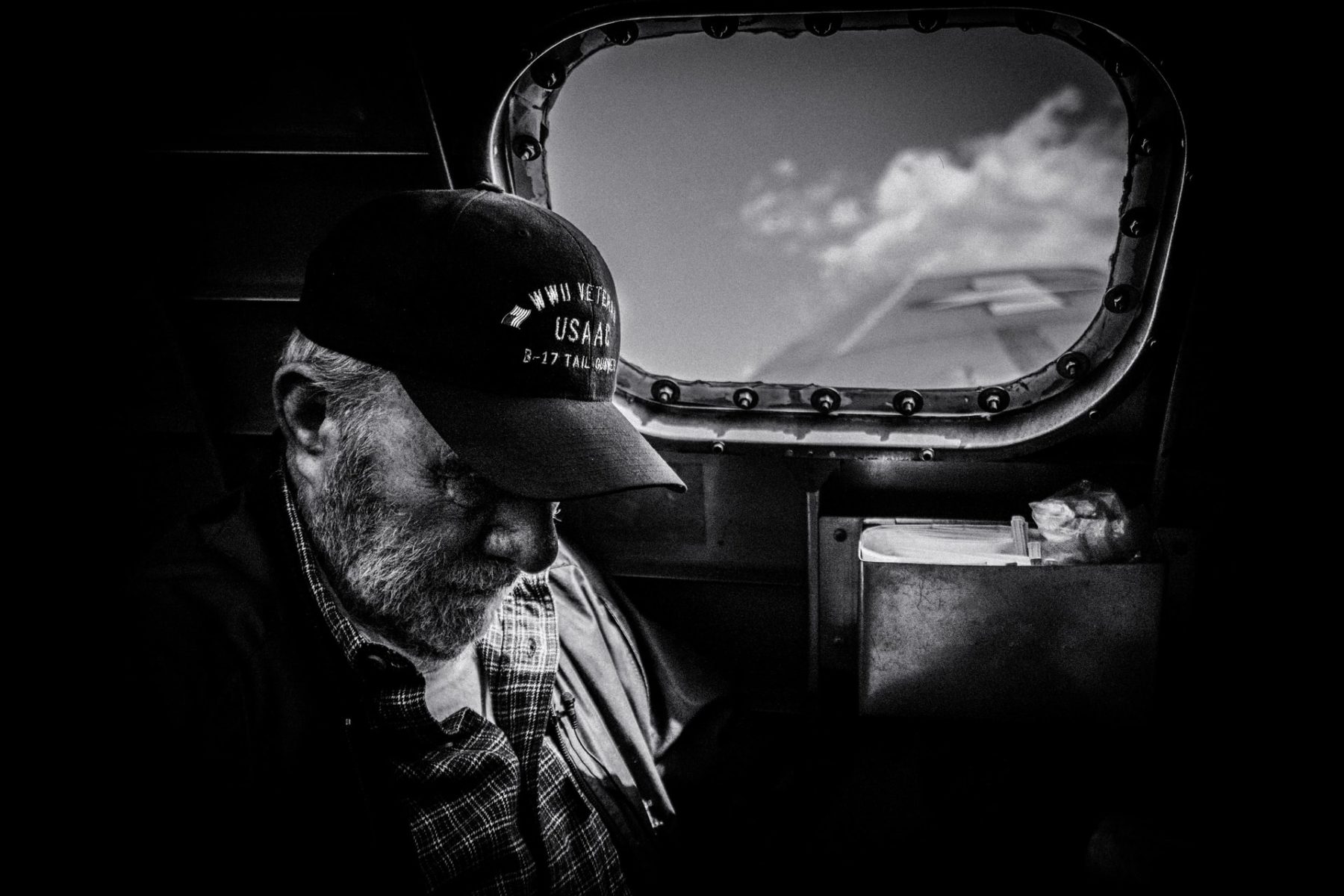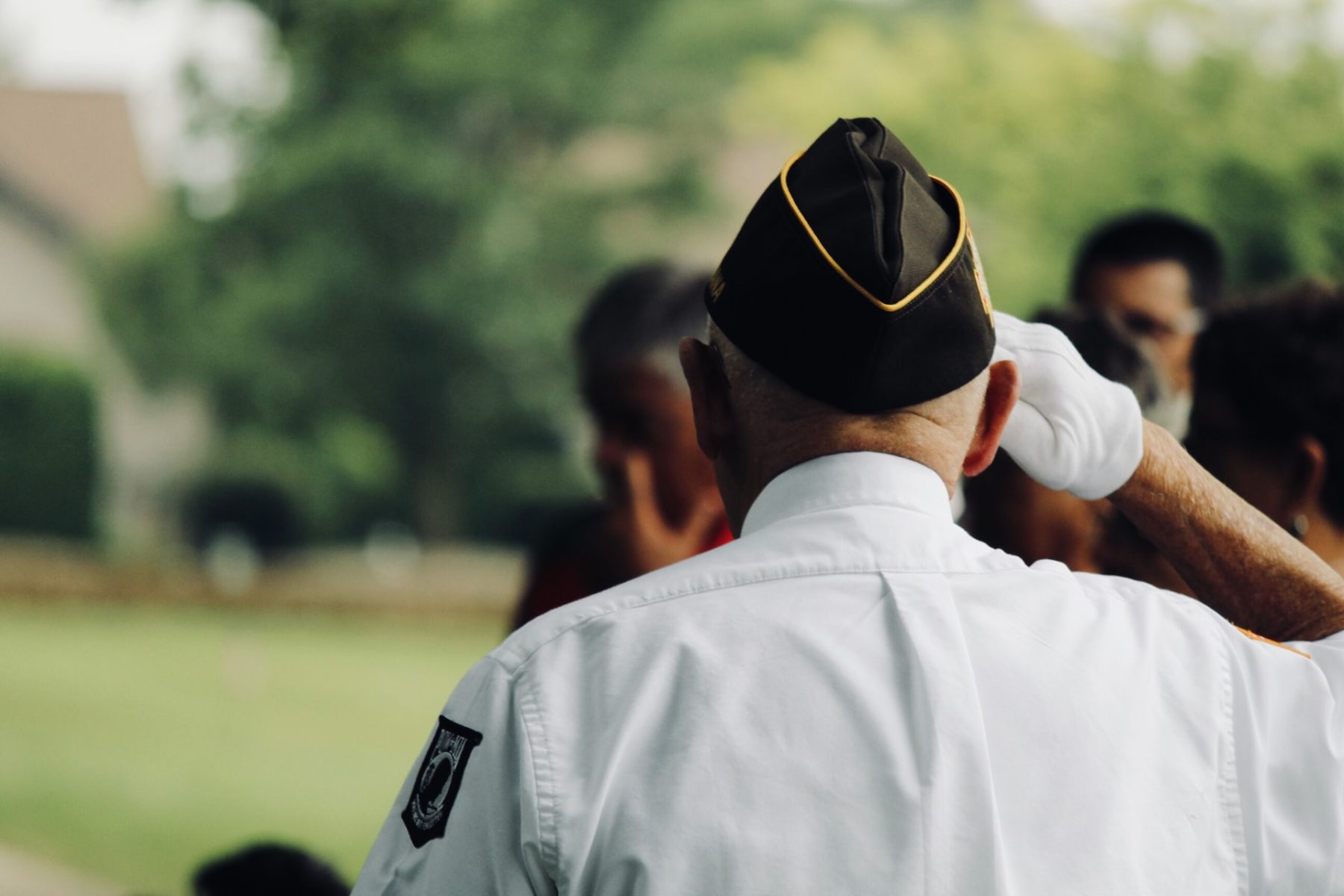You can’t always be there. But we can.
PTSD in Elderly Veterans: The Best Ways to Help

Caregivers and Winter Stress: 5 Ways to Decompress and Focus on Self
July 14, 2021
Telemedicine for the Elderly: 7 Ways This New Format is Revolutionizing Care For Seniors
October 28, 2021PTSD in Elderly Veterans: The Best Ways to Help
For many senior veterans, their military experiences still affect their lives today. Even after 50+ years, they suffer from symptoms of Post-Traumatic Stress Disorder (PTSD) like night terrors, feelings of reliving wartime, avoiding situations reminiscent of wartime, fear, and loss of interest in activities to name a few. These symptoms can often worsen with age as the elderly retire, medical conditions arise, the manifestation of repressed memories, or as they recover from substance abuse. This late emergence of PTSD symptoms is known as late-onset stress symptomatology (LOSS) and can be very debilitating — making providing assistance for elderly veterans crucial.

Finding ways to assist elderly veterans living with PTSD can be a challenging road to navigate, but there are actions you can take to help care for the veterans in your life.
- Be understanding of their symptoms.Before anything else, you have to remember not to take their symptoms personally. Individuals coping with PTSD sometimes have little control over their behavior. In fact, emotional avoidance is often a common reaction to trauma. Therefore, while it can be impactful on a relationship, understanding the symptoms, practicing compassion, and providing the right kind of social support can help ease the strain on everyone involved and be the first step in giving meaningful assistance for elderly veterans.
- Consider their physical needs.It is important to consider the physicality of elderly PTSD patients. If they have trouble getting around, require assistance using the bathroom or preparing food and medications, need help with basic housekeeping, and so on, then home care services could be beneficial for them. In addition to receiving care and support, professional caregivers and companions are able to provide the specialized home care needed for elderly veterans coping with PTSD.
- Encourage them to speak to their physician.Unfortunately, the stigma tied to mental health issues is still very prevalent — especially among seniors. So it is important to approach this topic delicately. The first step to finding relief is to help the elderly with PTSD recognize patterns of stress and encourage them to discuss it with their doctor. Reassure them that their experience is not uncommon and that there are options to help improve their life — such as counseling, companionship, medication, support groups, etc.
- Let neighbors know.You know the saying, “it takes a village”? Well, that can be true for communities with elderly veterans with PTSD as well as for children. Making neighbors aware of a nearby veteran’s situation could mean the difference between someone calling the police and someone doing a neighborly courtesy check. For instance, neighbors might abstain from lighting fireworks on the Fourth of July to avoid triggering a PTSD episode in the veteran that lives on the same street. Educating communities about living near residents with PTSD fosters cultural sensitivity and can build a foundation of trust. Individuals with PTSD can safely feel that his or her home is truly their refuge.
- Inform them of their benefits.Many veterans are unaware of the benefits that are made available to them. This includes services that can help to vastly improve their lives. For instance, disability compensation, healthcare, education, support, and counseling among much more. Make yourself available to help them through the process and explore what benefits could best work for them. You can also help them contact a Veteran Service Officer for more assistance for elderly veterans.
- Contribute to PTSD resources.Sometimes the best way to help is to give. There are many reputable organizations with missions to help veterans coping with PTSD that you can give back to. The treatments and opportunities offered by these organizations are far-reaching. Your contribution could help provide counseling, mentorship, employment, recovery, financial support, and even home care for elderly veterans.

Veterans have given so much – including even their peace of mind. Many older generations never discussed their service experiences and thus, never pursued any assistance to help them cope. It is up to their loved ones to become educated, practice empathy, and help the elderly veterans with PTSD they care for to live healthy, meaningful lives.
As a caregiver, it is important you take time to care for yourself as well. If you ever have questions or need guidance with senior care services, we are here to help.

